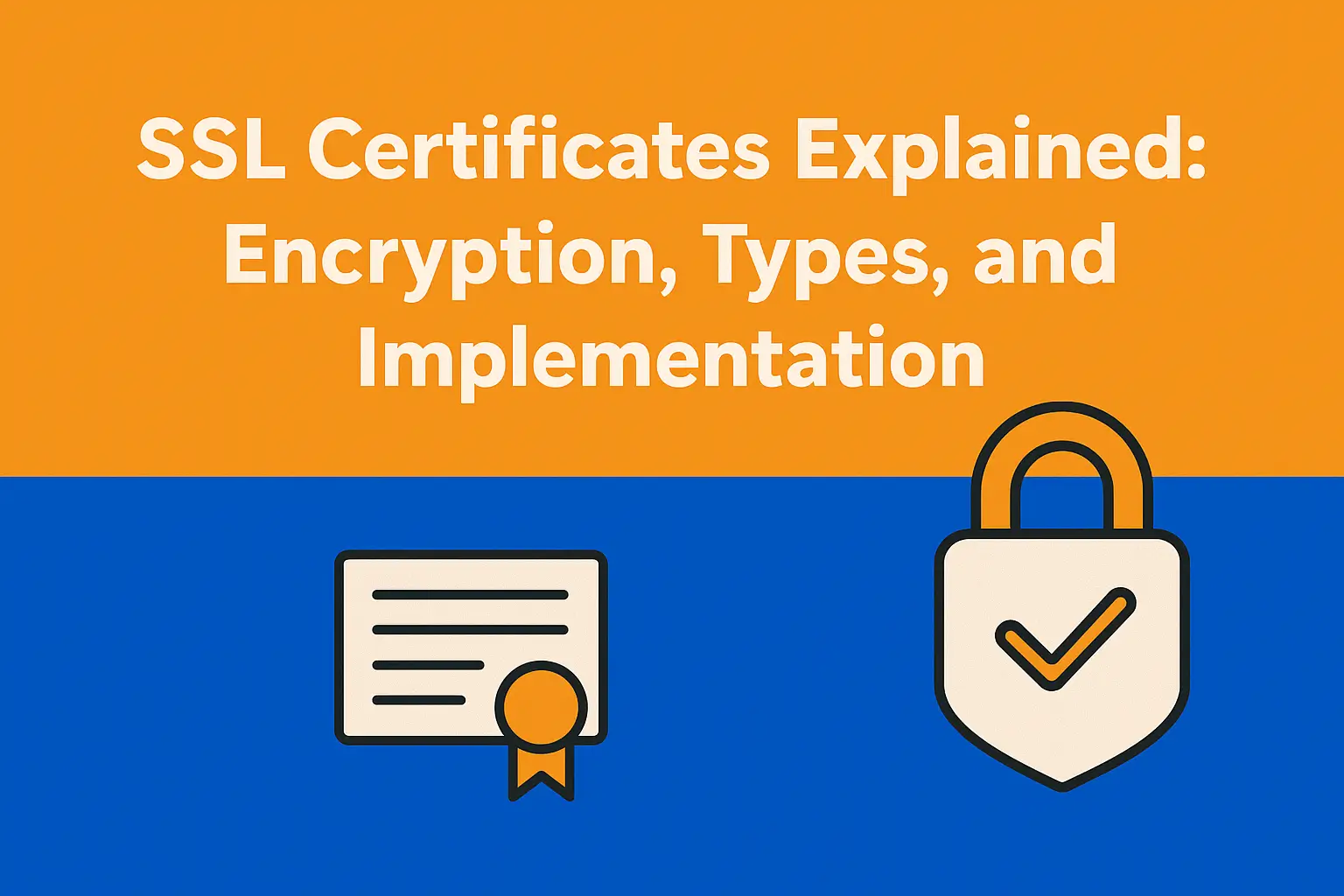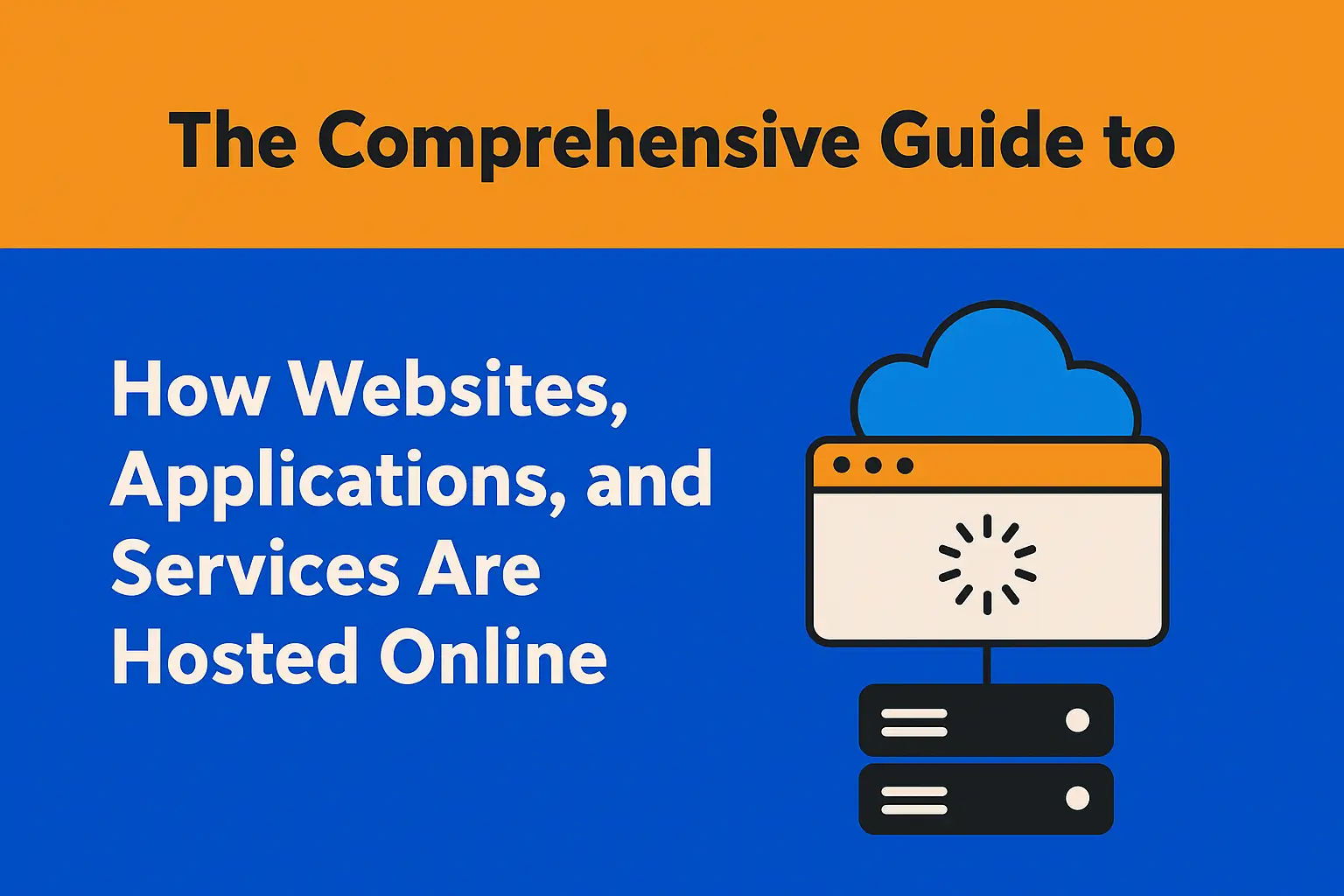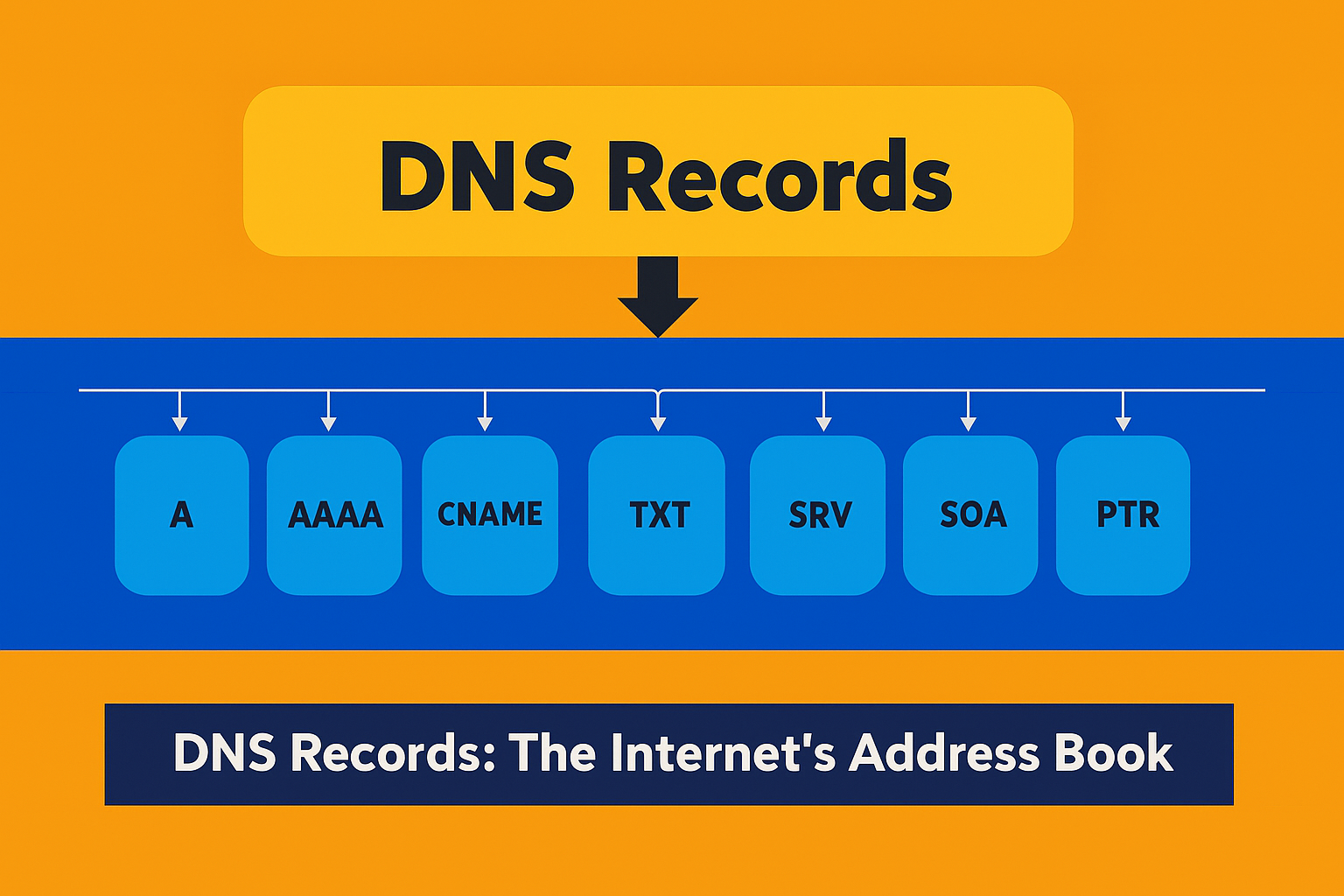
Introduction to SEO and AI
Search Engine Optimization (SEO) refers to the practice of enhancing a website’s visibility on search engine results pages (SERPs). By optimizing content, keywords, and technical elements, SEO aims to improve organic traffic, making it a critical component of digital marketing strategies. SEO helps businesses reach their target audience efficiently, driving increased visibility, credibility, and ultimately, conversions.
Artificial Intelligence (AI) is a rapidly advancing technology that simulates human intelligence through algorithms and machine learning. AI has profoundly impacted numerous industries, including healthcare, finance, and engineering. In digital marketing, AI has introduced new ways to analyze data, personalize customer experiences, and automate various processes, thereby revolutionizing traditional practices.
The growing influence of AI in digital marketing prompts an important question: Is traditional SEO now obsolete, or does AI actually enhance its capabilities? This blog post delves into the nuances of AI’s impact on SEO, examining whether AI replaces traditional SEO methods or augments them to create more sophisticated strategies. By understanding both technologies, we can better navigate the dynamic landscape of digital marketing.
The Evolution of SEO: Pre-AI Era
In the period preceding the advent of artificial intelligence, the realm of Search Engine Optimization (SEO) was predominantly characterized by human-driven strategies and practices. Traditional SEO practices hinged heavily on several key elements, including keyword research, backlinking, meta tags, on-page optimization, and technical SEO. Each of these components played a pivotal role in crafting a website’s visibility on search engine results pages (SERPs).
Keyword research served as the cornerstone of traditional SEO. It involved an in-depth analysis of search terms that users employed to find information online. SEO professionals utilized tools like Google Keyword Planner to identify relevant keywords, assess their search volume, and evaluate competition levels. The strategic placement of these keywords within website content, headers, and meta descriptions was essential in capturing search engine attention, thereby enhancing organic traffic.
Backlinking, another critical aspect, focused on acquiring links from other reputable websites. The quality and quantity of backlinks significantly influenced a site’s authority and trustworthiness in the eyes of search engines. Link building efforts often included outreach, guest blogging, and content marketing strategies geared toward earning valuable backlinks.
Meta tags, although often overlooked by casual internet users, were vital in informing search engines about a webpage’s content. Meta titles and descriptions had to be meticulously crafted to include primary keywords, offering succinct yet compelling summaries that would entice users to click through from the SERPs.
On-page optimization encompassed the fine-tuning of individual web pages to ensure they were search-engine-friendly. This included optimizing headings, images (with alt text), URLs, and internal links. Equally important was the focus on creating high-quality, relevant, and engaging content that met users’ needs and expectations.
Technical SEO delved into the backend aspects of a website, ensuring that it was easily crawlable and indexable by search engines. This involved optimizing site speed, ensuring mobile-friendliness, and structuring the site in a logical manner that facilitated both user navigation and search engine crawling.
Ultimately, traditional SEO was a labor-intensive process, deeply reliant on human expertise, intuition, and continuous monitoring and adjustment. While effective, these practices required considerable time and effort to analyze data manually and make informed decisions to enhance website performance within search engine rankings.
AI’s Infiltration Into SEO: What Has Changed?
Artificial Intelligence (AI) has profoundly reshaped the landscape of Search Engine Optimization (SEO). The integration of AI technologies into SEO practices is multifaceted, encompassing machine learning algorithms, natural language processing (NLP), AI-powered analytics, and automated content creation. Each of these innovations brings distinct improvements to the realm of SEO, fostering a more efficient and targeted approach.
Machine learning algorithms have revolutionized data analysis in SEO. These sophisticated algorithms can identify patterns and trends within vast datasets, enabling SEO professionals to make informed decisions based on actionable insights. By leveraging machine learning, marketers can adapt their strategies in real-time, predict user behavior more accurately, and enhance the overall effectiveness of their SEO campaigns.
Natural language processing (NLP) is another transformative AI technology that has infiltrated SEO. NLP enables search engines to better understand and interpret human language, leading to more accurate search results. This advancement also benefits content creators, as they can now craft content that aligns more closely with user intent. Through the use of NLP, SEO strategies can more effectively address user queries, ultimately improving search rankings and user engagement.
AI-powered analytics tools have vastly improved the ability to monitor and analyze website performance. These tools provide granular insights into traffic patterns, keyword rankings, and user behavior, which are critical for optimizing SEO strategies. By harnessing the power of AI-driven analytics, businesses can tailor their content and marketing efforts to meet the specific needs and preferences of their target audience, thereby driving higher engagement and conversions.
Automated content creation is another area where AI has made significant strides. Advanced AI algorithms can generate high-quality content that is both relevant and optimized for search engines. This not only saves time and resources but also ensures that content is consistently aligned with SEO best practices. By automating content creation, businesses can maintain a steady stream of fresh, SEO-optimized content that keeps their audience engaged and improves their search rankings.
Advantages of AI in SEO
Artificial Intelligence (AI) has revolutionized Search Engine Optimization (SEO) by introducing a range of benefits that enhance the effectiveness and efficiency of traditional strategies. One of the primary advantages of AI in SEO is improved accuracy in keyword targeting. AI algorithms can analyze vast amounts of data to determine the most relevant keywords with greater precision than human capabilities, ensuring that content creators focus on the phrases most likely to attract the desired audience.
Moreover, AI enables faster data processing. Traditional SEO methods often require substantial human effort and time to analyze and interpret data, but AI can process this information in seconds, providing real-time insights. This speedy processing translates into more efficient decision-making, as businesses can respond promptly to changing trends or new competition in their niche.
Real-time analytics is another significant benefit that AI brings to SEO. With AI-powered tools, marketers can track and analyze user behaviors in real time, enabling them to adjust their strategies instantaneously to improve engagement and conversion rates. This constant feedback loop ensures that SEO efforts are always aligned with the current behaviors and preferences of the target audience.
Enhancing user experience is also a notable advantage of utilizing AI in SEO. AI can optimize website design and content delivery based on user interactions, making navigation more intuitive and content more accessible. By personalizing the user interface and recommending relevant information, AI can significantly increase user satisfaction and retention.
Additionally, AI has the potential to predict search engine algorithm changes. AI’s machine learning capabilities allow it to identify patterns in how algorithms evolve, giving businesses a head start in adapting their strategies. This foresight helps maintain or even improve website rankings, despite the ever-changing landscape of search engine algorithms.
Several businesses have already reaped the benefits of AI in their SEO strategies. For instance, The New York Times leveraged AI to enhance its content recommendations, resulting in increased reader engagement. Similarly, e-commerce giants like Amazon use AI-powered algorithms to optimize product search results, drastically improving customer satisfaction and sales.“`
Limitations and Challenges of AI in SEO
While integrating AI into SEO strategies presents numerous advantages, it is essential to recognize its limitations and challenges. One prominent drawback is the need for extensive datasets to train AI models effectively. These large datasets are not always readily available, and acquiring them can be time-consuming and resource-intensive. Without sufficient data, AI systems may fail to produce accurate and reliable SEO outcomes.
Another significant concern is the potential for inherent biases in AI algorithms. Biases can stem from the data used to train the algorithms, inadvertently leading to skewed results. This can ultimately affect the fairness and objectivity of SEO practices, potentially disadvantaging certain groups or perspectives. Addressing these biases requires constant vigilance and active measures to ensure the neutrality of AI-driven SEO efforts.
Moreover, the lack of customization in many AI-powered SEO solutions poses challenges for businesses with unique needs and goals. Most automated SEO tools offer broad, one-size-fits-all solutions that may not cater to specific industry requirements or individual company strategies. This lack of flexibility can hinder the ability to create tailored SEO plans that align with particular business objectives.
AI in SEO also demands continuous updates and maintenance. SEO landscapes evolve rapidly, with search engine algorithms frequently changing. AI tools must be regularly updated to stay current with these changes. This ongoing need for maintenance can strain resources and necessitate dedicated personnel to manage and update AI systems to maintain their efficacy.
Ultimately, it is crucial to emphasize the importance of human oversight in AI-driven SEO. While AI can significantly enhance efficiency and scalability, human expertise and intervention are necessary to address its limitations and ensure the ethical application of AI in SEO practices. Human professionals play a vital role in interpreting AI outputs, customizing strategies, and safeguarding against biases, thereby ensuring a balanced and effective approach to SEO.
Traditional SEO: Still Relevant or Obsolete?
With the rapid advancements in artificial intelligence, many question whether traditional SEO practices are becoming a relic of the past. While it’s undeniable that AI-powered tools have revolutionized the way we approach search engine optimization, traditional SEO remains an integral component of a successful digital strategy. A hybrid approach, merging traditional methods with AI advancements, appears to be the most effective path forward.
Traditional SEO techniques such as keyword research, backlink building, and meta tag optimization are still fundamental to establishing a solid online presence. These methods provide the foundational structure that search engines rely on to index and rank content. While AI can enhance these processes by making them more efficient, it does not completely eliminate the need for human expertise.
One of the key areas where traditional SEO maintains its significance is in creative content creation. AI can analyze vast amounts of data and generate content based on algorithms, but it lacks the nuanced understanding of human emotions and cultural context. Human writers can craft compelling narratives that resonate with audiences on a personal level, something AI is yet to master.
Additionally, understanding audience behavior is an aspect where human insight is irreplaceable. While AI can track user metrics and predict trends, it is the human analyst who can interpret these data points to create a tailored strategy. The ability to understand the subtleties of audience preferences, regional dialects, and cultural nuances is something that remains firmly within the realm of human expertise.
In summary, while AI has undoubtedly transformed many aspects of SEO, traditional SEO practices continue to hold their relevance. A cohesive strategy that leverages the strengths of both traditional methods and AI advancements is likely to yield the best results. Embracing this hybrid approach not only enhances efficiency but also ensures that the irreplaceable human touch remains at the forefront of digital marketing efforts.
Future of SEO: Integrating AI and Traditional Methods
The future of Search Engine Optimization (SEO) lies in the seamless integration of Artificial Intelligence (AI) with traditional methods. This convergence is poised to reshape how businesses approach their online presence, offering both challenges and opportunities. As we move forward, emerging trends such as voice search optimization, visual search, and AI-enhanced user experience are becoming pivotal components of a successful SEO strategy.
Voice search optimization is gaining prominence with the increasing proliferation of smart speakers and voice assistants. It calls for a shift from keyword-focused SEO to more natural language processing and conversational tones. Businesses should focus on long-tail keywords and question-based queries, optimizing for search phrases that users are likely to speak rather than type.
Visual search is another transformative trend driven by advancements in IMAGE RECOGNITION technology. Platforms like Google Lens and Pinterest Lens allow users to search using images instead of text. To leverage visual search, businesses need to optimize their images, including detailed alt text, high-quality visuals, and structured data markup. This ensures that their content is discoverable through visual queries, meeting users’ expectations for quick and intuitive search experiences.
AI-enhanced user experience is reimagining the way websites interact with visitors. AI algorithms can analyze user behavior and preferences, enabling businesses to deliver personalized content and improve site navigation. Implementing AI-driven chatbots, content recommendation systems, and intelligent customer service solutions can lead to higher user engagement and satisfaction, ultimately boosting SEO performance.
Actionable strategies for businesses to adapt and thrive in this evolving SEO landscape include continuous education and staying up-to-date with industry trends. Regularly auditing and updating SEO practices to incorporate AI advancements is crucial. Additionally, collaborating with AI experts and investing in cutting-edge SEO tools can provide a competitive edge. Embracing a holistic approach that blends AI and traditional SEO methods will enable businesses to navigate the complexities of modern SEO effectively.
Conclusion: Embracing Change and Maximizing Opportunities
The advent of Artificial Intelligence has undoubtedly marked a significant shift in the landscape of Search Engine Optimization. Throughout our discussion, we have explored how AI-powered tools and technologies are transforming various aspects of SEO, from keyword analysis and content creation to user experience and search engine algorithms. The integration of AI in SEO brings forth unprecedented precision, efficiency, and personalization, enabling digital marketers to achieve more targeted and effective results.
However, it is crucial to recognize that traditional SEO is far from obsolete. Foundational practices such as keyword research, on-page optimization, and link building remain integral components of a successful digital marketing strategy. These conventional techniques continue to provide the essential groundwork upon which AI enhancements are built.
Adaptability emerges as a key factor in leveraging the strengths of both AI and traditional SEO. As the digital marketing landscape evolves, staying informed about the latest advancements and trends is imperative. Marketers are encouraged to continuously hone their skills, experimenting with AI tools while maintaining a strong grasp of time-tested SEO practices. This balanced approach enables businesses to harness the full potential of AI-driven innovations without losing sight of the fundamental principles that have long governed SEO.
In this era of rapid technological advancements, embracing change is no longer an option but a necessity. By integrating AI with traditional SEO methodologies, digital marketers can unlock new opportunities, drive traffic more effectively, and ultimately achieve greater success in their online endeavors. The synergy between AI and traditional SEO creates a robust framework capable of adapting to the ever-shifting dynamics of search behavior and algorithm updates.
In closing, the arrival of AI signifies a transformative phase in SEO but does not signify the end of traditional SEO. Instead, it marks the beginning of an era where both can coexist and complement each other. By staying agile, informed, and open to innovation, marketers can navigate this evolving landscape and maximize their digital marketing potential.





0 Comments